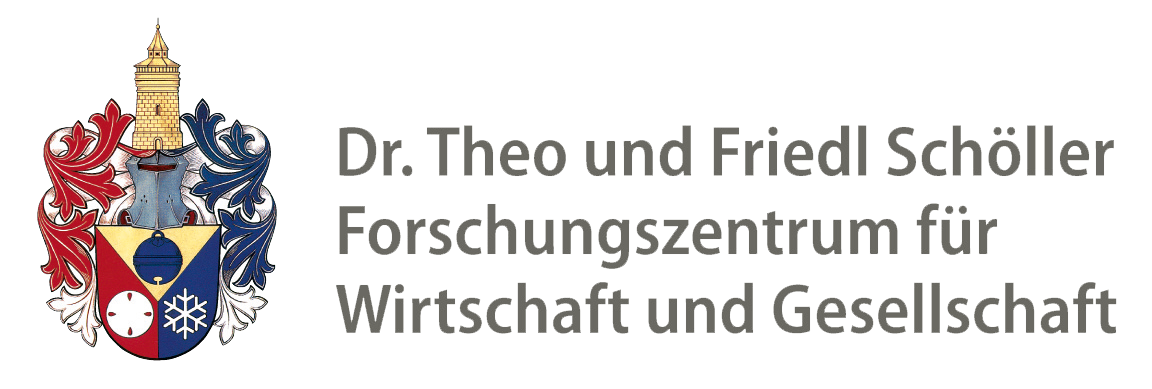Prof. Dr. Jan Marco Leimeister is Chair of Information Systems and Managing Director of the Institute for Information Systems (IWI-HSG) at the University of St. Gallen (Switzerland). He works on topics related to digital transformation, digital service innovation, crowdsourcing as well as the future of digital collaboration, digital learning, and the interaction between artificial intelligence and humans. He has received international awards for outstanding research, teaching and education. Since 2009, he has consistently ranked among the top 1 % of the most productive researchers in the field of business administration in German-speaking countries. His work is regularly published in A+ and Financial Times Top 50 journals. He is Editor in Chief of the Journal of Information Technology (JIT) and serves on the editorial boards of Information Systems Research (ISR) and Journal of Management Information Systems (JMIS), among others. He is Director of the Scientific Center for Information Technology Design (ITeG) at the University of Kassel. He is also Vice President of the Association for Information Systems (AIS).
GenAi and Knowledge Work – Is It Possible to Shape Your Own Work in a Self-Determined Way When Using GenAi?
The age of generative artificial intelligence (AI) is changing the way we learn, live, and work. Employees have great potential to simplify and change their tasks if they are motivated and empowered to do so. In occupational psychology, this phenomenon is known as “job crafting”. The research project is dedicated to an in-depth analysis of how the use of generative AI tools influences work behavior. This includes in particular the effects on productivity as well as on the development of employees’ skills. The possible cognitive relief through the use of generative AI is of particular importance. For this, the project is also using neurophysiological measurement methods to gain insights into cognitive processing during the use of AI. The aim is to develop a comprehensive understanding of how generative AI technologies can not only change the world of work, but also enrich it. The expected results promise to make a stimulating contribution to the current debate on the influence and integration of generative AI in the world of work.

